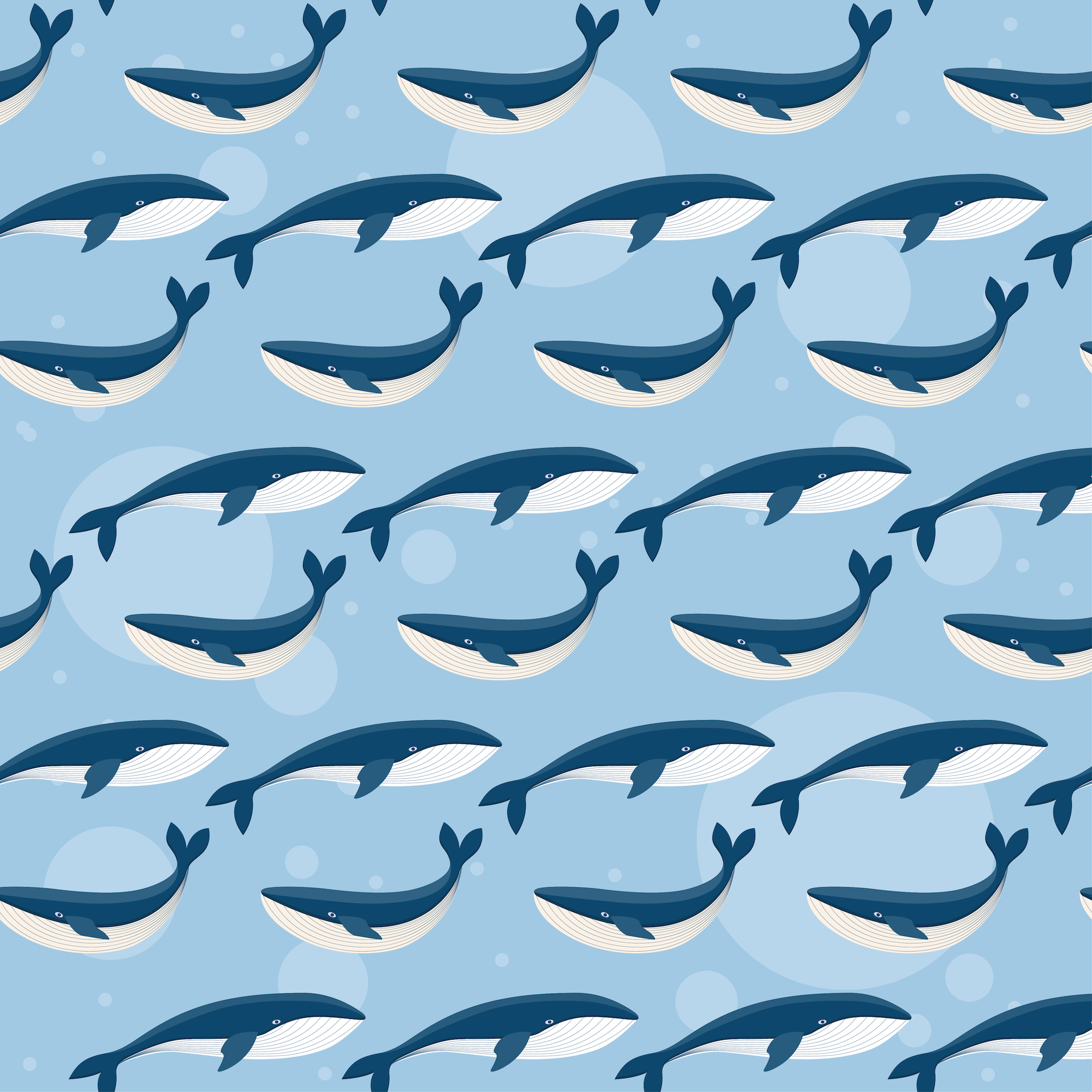January 06, 2010 – The increasing conflict generated by the so-called “scientific whaling” that Japan conducts in the Southern Ocean has reached its apex with the ramming of the environmental ship Ady Gil by the Japanese whaling vessel Shonan Maru 2.
The collision between the vessels happened amidst accusations of espionage against Japan’s operations in Australian territory aimed at locating the vessels of the Sea Shepherd Conservation Society.
Since last December, the Japanese whaling fleet is in waters of the Southern Ocean Whale Sanctuary to slaughter nearly 1,000 minke whales, 50 fin whales and 50 humpback whales.
The whaling operations are undertaken even though the International Whaling Commission has adopted more than 30 resolutions calling on Japan to stop its “scientific whaling” program and while the IWC is in the middle of a negotiation process aimed at defining its future.
The reaction in Australia, one of the most affected countries with the killing of whales in the Southern Ocean, about the ramming of the Ady Gil has been strong.
The complaints relate to the lack of legal action against the government of Japan, increased after the incident that fortunately did not took the life of the six crew members that were on board the 24 meter vessel.
The complains state that the Australian government promised to put an end to scientific whaling in the Southern Ocean before it got elected about more than two years ago. Since then, no legal action has been implement in an international court against Japan.
Although Japan and Sea Shepherd have published press releases accusing each other for the collision, some environmental organizations state that the true responsibles are the members of the International Whaling Commission, who are allowing the killing of thousands of whales in a whale Sanctuary without any type of control and permitting Japan to boycott the negotiation process aimed at modernizing the IWC.
Elsa Cabrera, Executive Director of Centro de Conservacion Cetacea – Chile stated that “the only place to resolve the conflicts generated by scientific whaling is the IWC, but the lack of action from its member governments in relation to the continued abuses of Japan against this multilateral organization is taking the conflict to Antarctic territory, threatening not only human lives and the Antarctic ecosystem, but the governance of this area that must be dedicated to peace, conservation and science”.
Juan Carlos Cardenas, from Centro Ecoceanos – Chile affirmed that “with this criminal action the Japanese whalers treat Antarctica as a sort of far west, where they can kill and threat with impunity the life of the ones who oppose them”.
Cardenas indicated that the governments of the IWC cannot remain silent. “We call all the people of the world to isolate Japan and we call the governments of Latin America to conduct a joint diplomatic protest along with the coastal States of the Southern hemisphere”, Cardenas concluded.
Jose Truda Palazzo, from CCC/Brazil and former IWC Alternate Commissioner for Brazil stated that “the rise of violence from the illegal Japanese whaling vessels in Antarctica is a direct result of the IWC governments in strongly condemning Japan actions and adopting effective measures against yet another season of stealing of Southern hemisphere whales by a faraway country that does not have any respect for either the interests of our nations nor international law”.
Truda Palazzo added that “with its actions Japan is making a mockery of the negotiation process of the IWC and it is time for the Latin countries to re-evaluate their participation in this process”.
This is not the first incident generated by the Japanese whaling fleet in Antarctica.
In 2007, the factory ship Nishin Maru caught fire, causing the death of one crew member and disabling the vessel for 13 days. The aging vessel dangerously drifted carrying more than a thousand tons of fuel and chemical substances in the delicate Antarctic environment.
Additionally, last year another Japanese crew member of the whaling fleet died when he accidentally fell in the freezing waters and the people on board only realized it several hours later.
In this respect, the Latin environmentalists concluded that “as part of the negotiation process we expect that the IWC soon adopts effective measures to stop scientific whaling, before we have to regret the loss of more human lives in Antarctic waters due to the lack of capacity of the IWC to resolve the conflicts generated by the Japanese whaling fleet in the southern ocean.”



